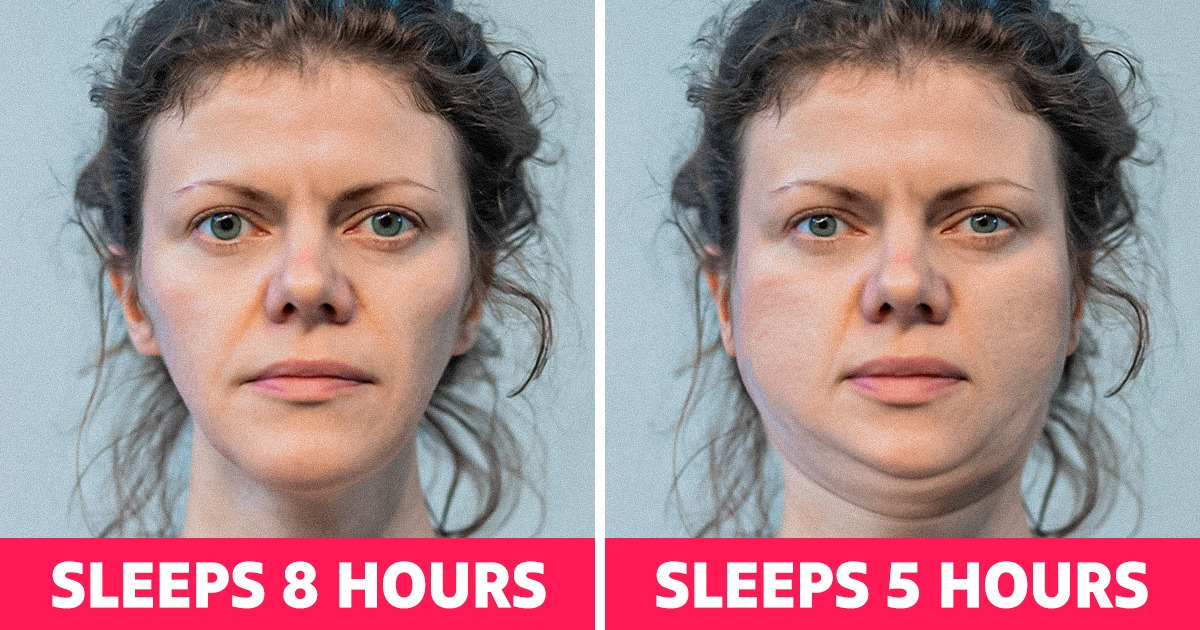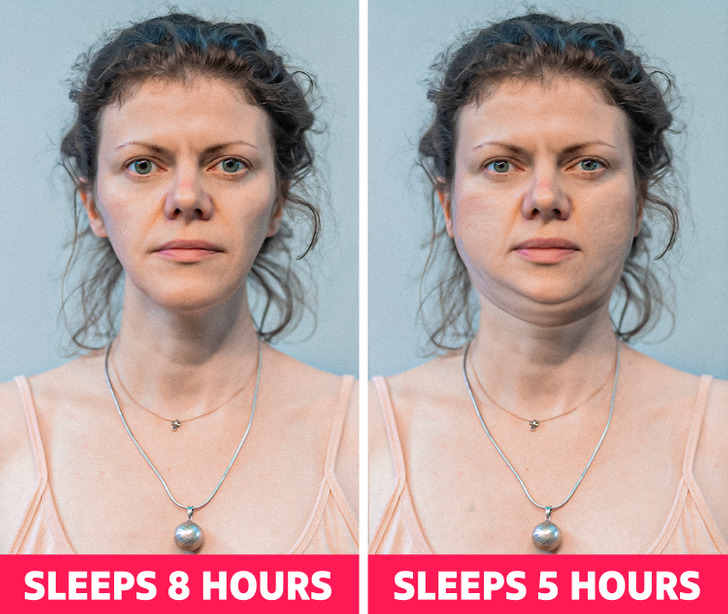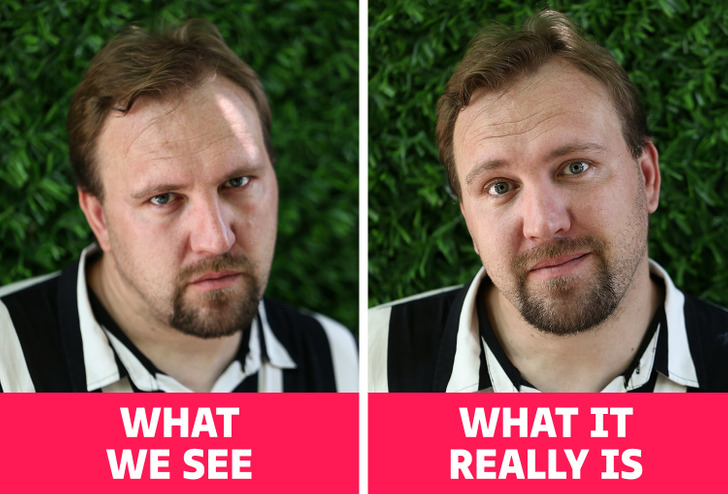My Parents Refused to Support Me Through Med School—Then I Discovered Their Sad Secret


The adverse effects of sleep deprivation on one’s health are well-known. However, it’s worth noting that oversleeping can also have negative consequences on one’s well-being and may be just as harmful. As per scientific recommendations, individuals aged between 26 and 64 should aim for 7 to 9 hours of sleep daily, with any deviation from this range having potential health implications.

According to scientific research, individuals who sleep for less than 5 hours per day tend to gain weight at a faster pace and are more likely to become obese. Similarly, those who sleep for more than 9 hours per day may also be prone to weight gain. In contrast, individuals who sleep for 7 to 8 hours each day tend to have an easier time maintaining a healthy weight. This suggests that, in addition to exercise and diet, getting the right amount of sleep is crucial for weight management.
Although sleep deprivation is often associated with dark circles and under-eye bags, sleeping excessively (over 9-10 hours per day) can result in a similar effect. Insufficient sleep can cause the skin to appear pale, while the blood vessels become more apparent, resulting in the formation of under-eye bags.
Although scientists have not yet identified a reason for the link between oversleeping and cardiovascular disease, research indicates that individuals who sleep for 9 to 11 hours per day have an elevated risk of developing arteriosclerotic heart disease. In contrast, those who sleep for 7 to 8 hours per day are at a lower risk.
The negative impact of sleep deprivation on cognitive abilities is common knowledge. Surprisingly, oversleeping also impairs quick decision-making and problem-solving skills and diminishes memory function.
As a result, researchers have determined that sleeping for 7-8 hours each day is essential to maintain cognitive well-being.
It has been discovered through research that our sleeping patterns have an impact on the condition of our skin. Inadequate sleep can lead to a lack of moisture for the body, causing the skin to appear dry and lackluster. Conversely, oversleeping can result in similar effects.
The reason for this is that spending more than 8 hours in bed can disrupt the body’s ability to replenish water balance. This can lead to the development of premature wrinkles and sagging skin.
Excessive sleep can have detrimental effects on the immune system, including increased inflammation in the body.
This has been established by researchers who have measured cytokine levels in the blood, with higher numbers indicating a response to infection. Women who sleep excessively have been found to have cytokine levels that are 44% higher than normal.
Sleeping too much can increase the risk of depression. While insomnia is commonly associated with depression, research suggests that approximately 15% of people with depression sleep for more than 9 hours a day, which can exacerbate their symptoms.
When we oversleep, it can disrupt serotonin levels and cause headaches. Even people with good sleep habits who sleep in on weekends or during vacations may experience headaches after waking up.
Additionally, oversleeping can contribute to or exacerbate back pain. To alleviate back pain, doctors recommend staying active and not spending excessive time in bed.
Scientists at Clemson University have discovered a correlation between sleep and self-control. According to their findings, individuals who do not get enough sleep tend to act impulsively and are unable to resist temptation. This can result in more mistakes and a higher likelihood of regretting certain actions and decisions.

According to recent research conducted at UC Berkeley, lack of sleep can impair our ability to accurately interpret facial expressions. When we are tired, we may mistake neutral expressions for aggression or misinterpret other facial cues, leading to false conclusions. This is a common issue faced by medical professionals and law enforcement officers who often experience sleep deprivation due to long working hours.
If you want even more useful and curious information that will come in handy in your life, then visit these articles:











